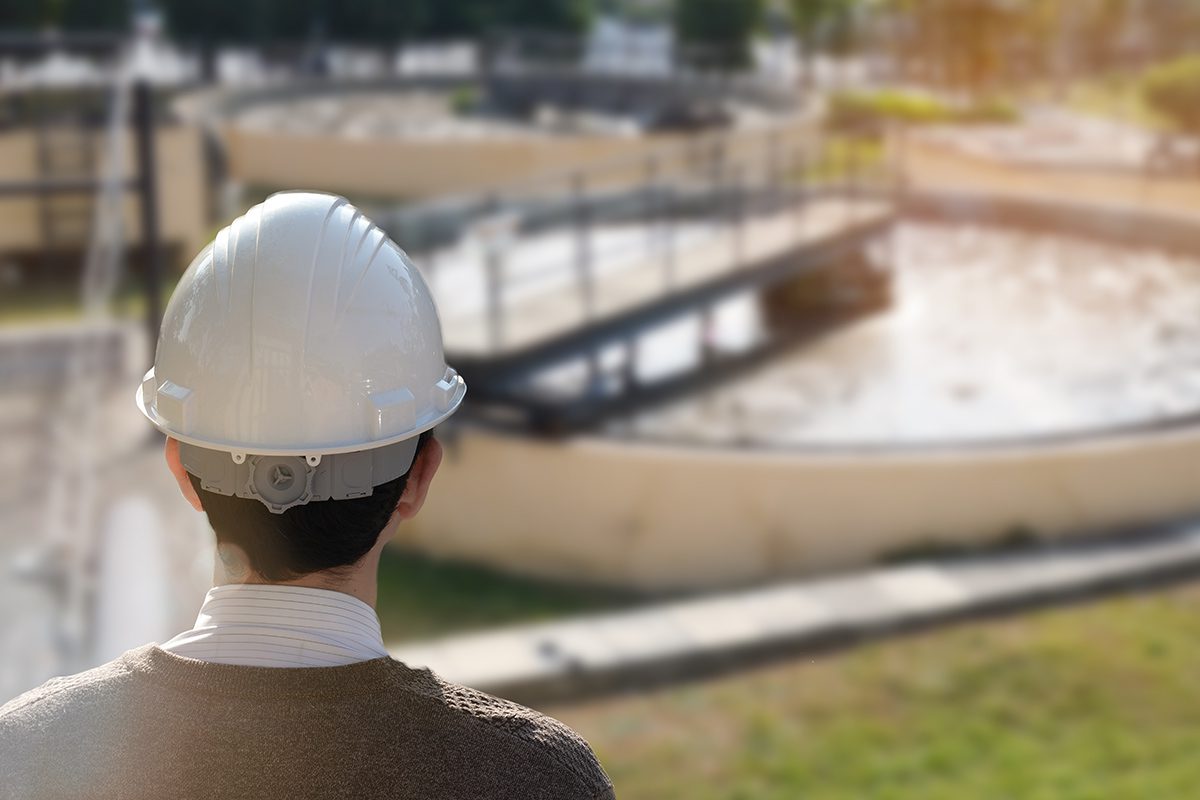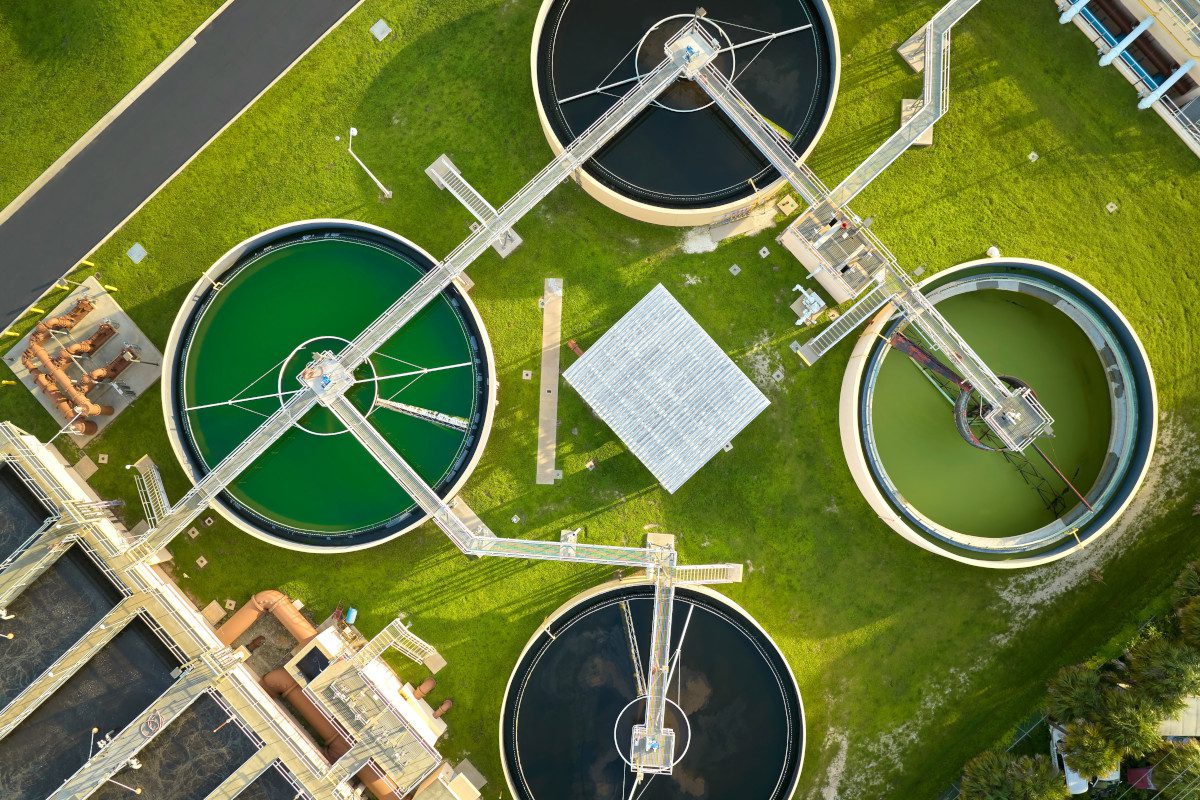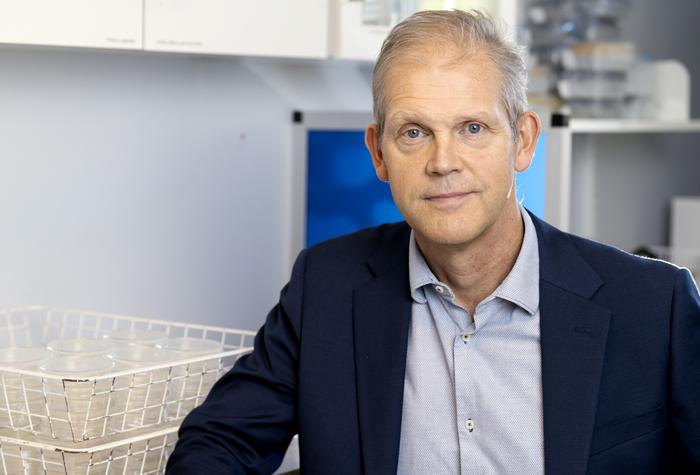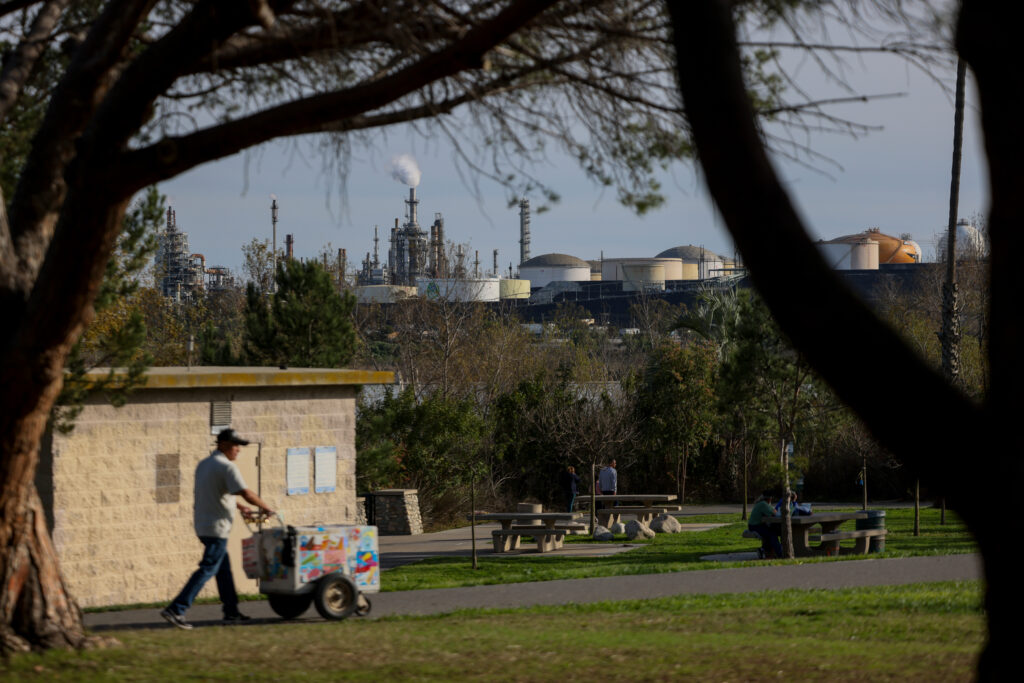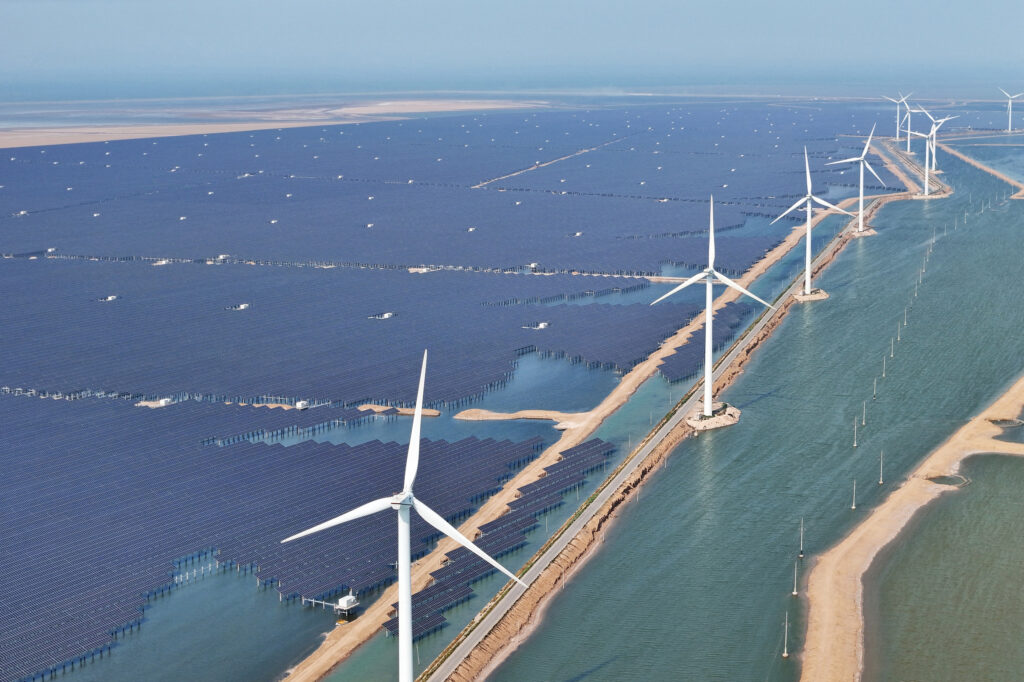Researchers in Scotland are investigating the potential of converting sewage sludge into a mineral-rich material that could be used to treat water impacted by eutrophication and algal blooms – a phenomenon increasingly affecting lochs and rivers, associated with climate change.
In a project funded by the Industrial Biotechnology Innovation Centre (IBioIC) and Scottish Water, a consortium of partners is assessing the viability of a water filter derived from biochar – a charcoal-like substance created when materials, in this case sewage sludge, are burned at high temperatures and deprived of oxygen.
The raw material used to create the biochar is being supplied by Scottish Water, while its commercial subsidiary, Scottish Water Horizons, is testing the biochar at its Waste Water Development Centre in Bo’ness. Experts at the Environmental Research Institute at UHI, North, West and Hebrides are providing insight into biochar in filtration systems, supported by water treatment specialist, AL-2 Teknik.
Around 130,000 tonnes per year of human waste from the sewage system are disposed of in Scotland at an estimated cost of around £6 million, with the majority recycled to land or incinerated. However, potential changes to regulations mean that alternative treatment and processing methods must be explored.
Following tests using a variety of filtration systems, the research team found that the biochar-based filter was able to remove large amounts of phosphorus, a nutrient that contributes to algal blooms when present in excess quantities, from waste water. If used at scale as part of larger filtration systems, this kind of biochar could play an important role in treating water at the point of discharge to prevent algal blooms from forming.
With natural reserves of phosphorus depleting at an alarming rate[1], the process could also open up new avenues for collecting the mineral which is needed to manufacture a wide range of household products – from cleaning products and matches to fertiliser.
Using biochar derived from sewage sludge is completely safe and sanitary, with any residual toxins, pharmaceuticals or pesticides destroyed during the process, using temperatures of up to 500°C.
Dr Szabolcs Pap, lead academic on the project, said: “While phosphorus causes challenges for the environment and sectors such as aquaculture because of its impact on algal blooms, it is also an element that we all use in everyday products. Natural stores are depleting, so this circular bioprocess could lead to new opportunities to recover the nutrient from wastewater and create new supply chains here in Scotland.
“At the same time, water companies are under increasing pressure to reduce waste and find alternatives for bioresources from sewage, so there is an additional benefit in terms of sustainability. Biochar can be a valuable material with a range of potential applications, but the global market is still in its infancy. The approach to recovering phosphorus we are exploring in this project is just one example of what it can be used for.”
The next stage of the research will include on-site tests at some of Scottish Water’s smaller treatment works, alongside ongoing conversations with regulators and development agencies about the emerging market for commercialising biochar in Scotland.
AL-2 Teknik and its partners, PyroDry, have already supplied a number of systems in Europe and one in the US, creating biochar from different bioresources. As a result of this project, the company could open its first facility in Scotland in the future.
Dr Liz Fletcher, director of business engagement at IBioIC, added: “This collaboration demonstrates how one type of waste can be used for the benefit of the natural environment, treating issues like algal blooms which are posing significant challenges as climate change continues and water temperatures rise. Although the creation of biochar is still in its infancy, we see huge potential for a growing market that could help several industries to reduce waste and adopt more circular processes.”




